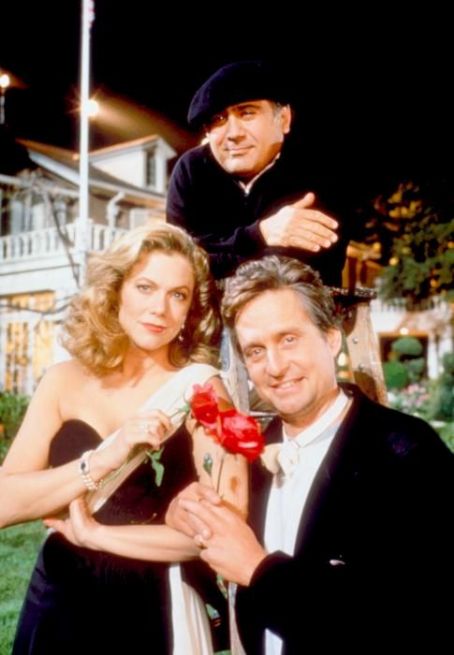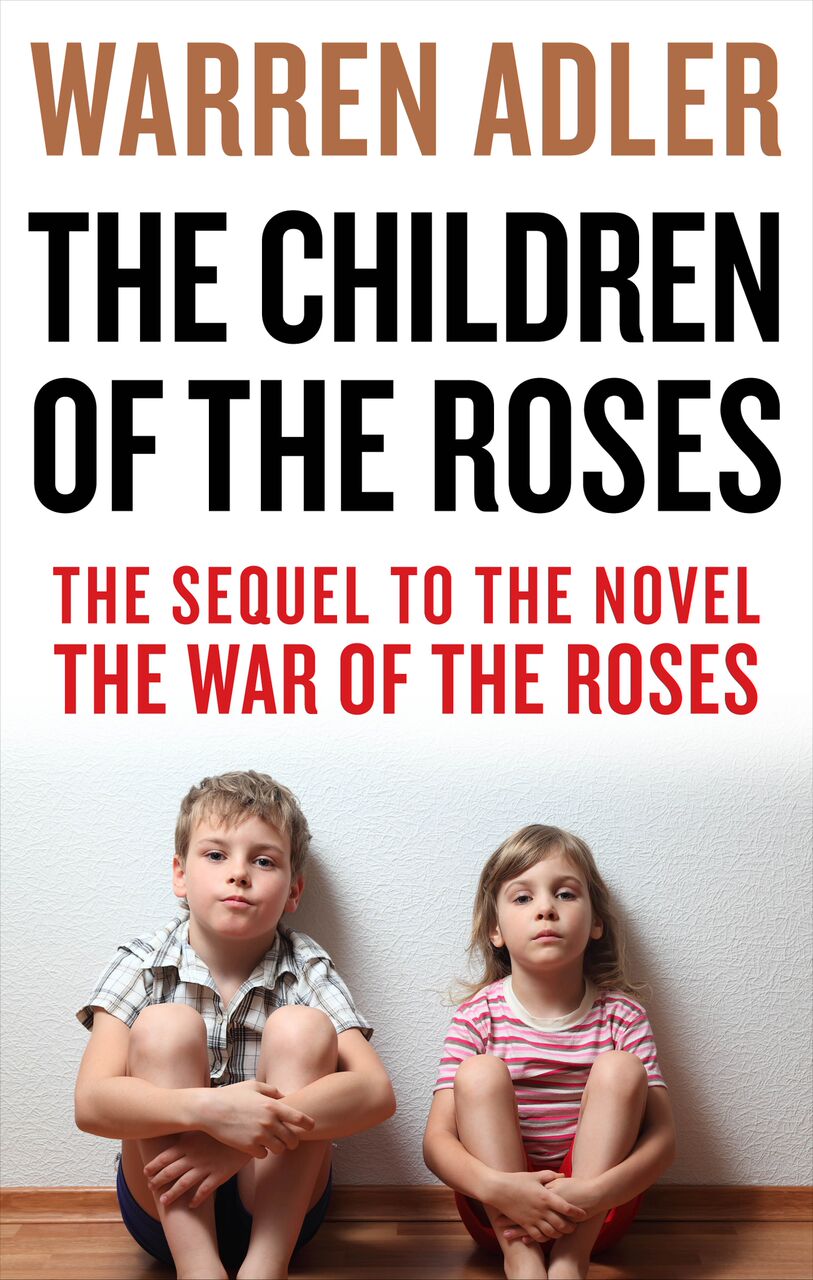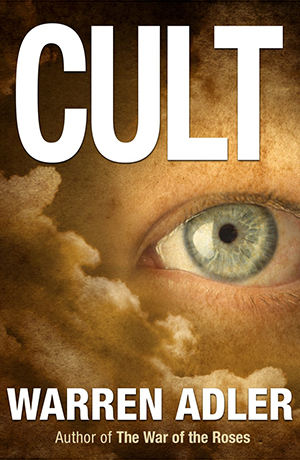25 Years After: The Dark Appeal of the Divorce Novel
25 Years After: The Dark Appeal of the Divorce Novel
This year marks the 25th Anniversary of the publication of The War of the Roses, by Warren Adler. Long considered a classic novel of divorce and the American zeitgeist, the book was further popularized by a film adaptation and remains in print as well as a variety of e-book formats.
In 2004, Mr. Adler published a sequel, The Children of the Roses, which follows the fates of the second and third generation. Along with these characters, readers are often haunted by the plausible mayhem, recognizably suburban with combatants true to life: hapless, heartless husbands and desperate, diabolical wives.
Q: Let’s get to the most important question first. In the book, The War of the Roses, and its movie adoption, there is a famous scene where the wife tells the husband she has just served him a dish of meat made from his pet dog. The husband goes ballistic, and, it’s hard to believe she would actually kill the animal, grind it up and serve it. As the author, and creator of these characters, only you can tell us: did she really kill the dog?
A: Yes she did. Remember, the husband killed her cat. This is angry retaliation. Two weeks before the movie was being released, James L. Brooks, who produced the movie, met me in a restaurant and asked if the killing of the dog was in the book. I said, of course, it was. He said: Okay we can blame you. In the end they cut out the scene. The dog came back to life in the movie.
Q: Most of us are familiar with the book through the movie, which seems to have a perpetual life on cable TV. Do you get residuals?
A: No. Unfortunately not.
Q: The War of the Roses is just one of several novels you have sold to Hollywood. Are you working on anything for the screen right now?
A: As a matter of fact the sequel to book The War of the Roses titled The Children of the Roses which was published last April is being considered for a TV series. But more on that later.
Q: Elsewhere on your website you have a chat page for writers working on and selling screenplays. What’s your best advice, in a nutshell?
A: Bow to the east, then north, then south, then west. It’s all pure luck, contacts, whatever. I’ve sold or optioned ten of my 27 novels to the movies. Another of my books Random Hearts with Harrison Ford got to the silver screen. I hated it. My short stories from The Sunset Gang was made into a three-hour trilogy on PBS, with Jerry Stiller and Uta Hagen. First class. I loved it. They’re still after my work, but I’m a lot more cautious.
Q: In 2004, you published a sequel, The Children of the Roses. After so many years, why was it important to take up the story thread again?
A: I always wanted to find out what happened to the children of this misguided couple who put materialism above all. It had to be written. I wrote it and found out.
Q: In both books, extramarital sex is used as both a crutch and a weapon. Are marriage and divorce any different now than they were 25 years ago?
A: In The War of the Roses marital sex had nothing to do with the marriage breakup. It was not an issue. In the sequel it plays a far more important part in the disaster of the marriage of the children. In some ways marriage is different, although I would go back further than 25 years. More mobility. More options. Less of a stigma. More sexual independence. Divorce is now an acceptable alternative, fairly easy to effect with no social consequences, except the affect on the children of these breakups.
Q: In the sequel, The Children of the Roses, food is used as both a crutch and a weapon. Care to comment on that?
A: Food is the battleground between temptation and deprivation. It is an obsession, a powerful sensual pleasure with enormous physical consequences. It is both the enemy and the ally within. In The Children of the Roses, one of the “children,” now a grown woman, a gourmand, truly believes that “Food is Love.” Yes, it is a crutch and a weapon. Indeed, its pleasures are the last thing to go. Sex may falter, but the taste buds active stay active until the end.
Q: The movie, The War of the Roses, has gone from film to cable to videocassette and now to DVD. The book The War of the Roses is available still in hardcover, paperback, print-on-demand, and several electronic book formats, including Palm and Microsoft versions that can be read on a hand-held device. Since both movie and book are digitized, what’s next?
A: This book is a phenomenon. When I was writing it in my windowless basement room in Chevy Chase, Maryland, I had no idea it would still be going strong after a quarter of a century. Obviously, it hit a chord. It’s been said that my novels and stories are like depth bombs. They explode long after they are launched. I like that. I hope there’s some truth in it.




